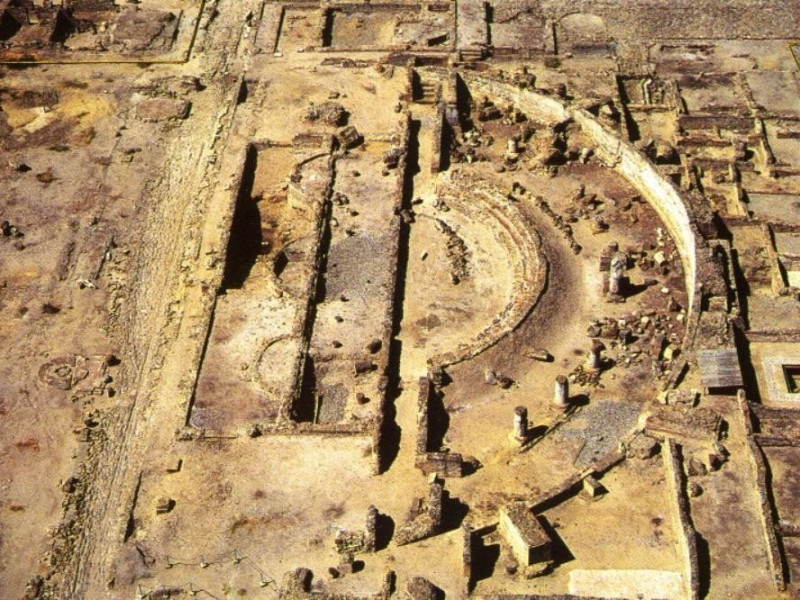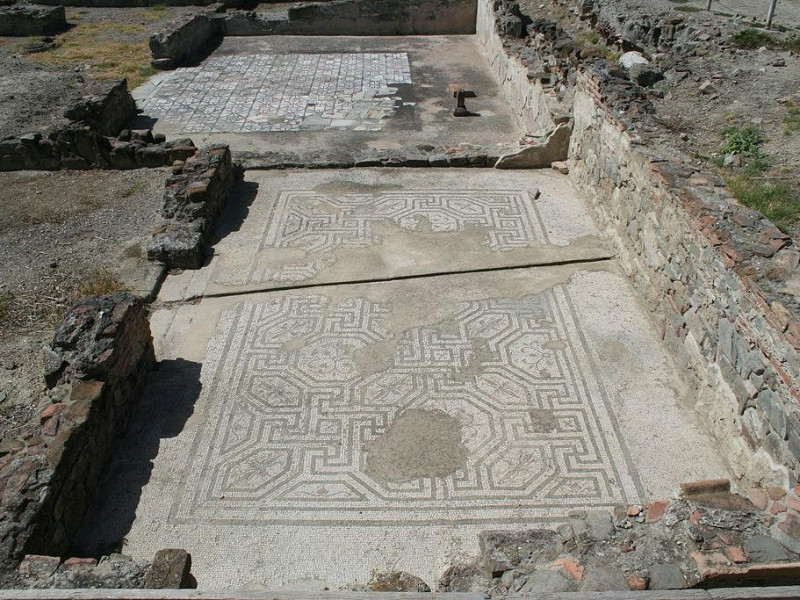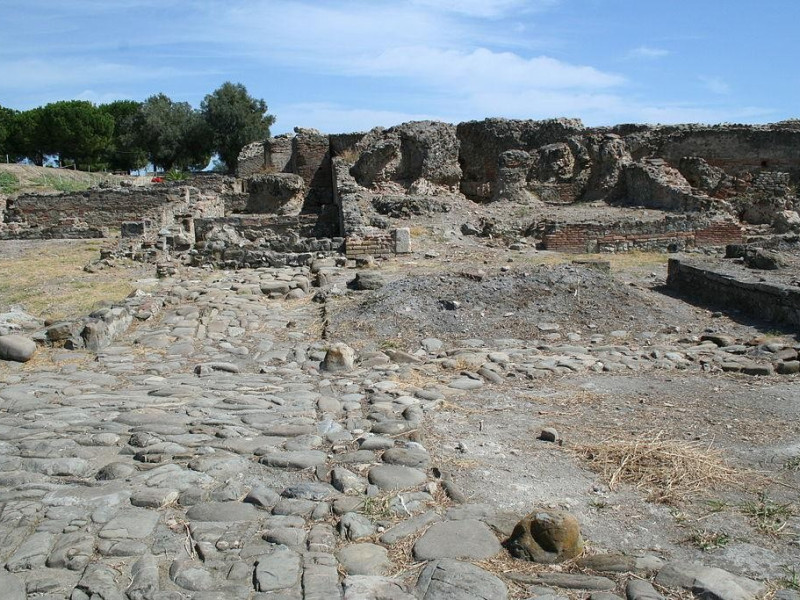Parco Archeologico di Sibari
The Archaeological Park of Sybaris is located in the town of Sibari, part of the territory of Cassano Ionio (CS). It's of one of the richest and most important cities of Ancient Greece, whose relics are preserved in the National Archaeological Museum of Sibari. The area was the center of Enotri civilization, who had the greatest flowering in the Iron Age, before the arrival in Calabria of the Greek colonists from Achaia, in 730-720 BC. The Greeks founded Sybaris, thriving commercial center in which transited goods from Minor Asia. The fate of Sybaris was marked by war against another important Greek city, Crotone, which culminated in the Battle of Traente (510 BC) and a siege of seventy days, after which the site was destroyed and flooded by the diversion of the Crati river. The survivors founded, in 444 BC, the new colony of Turi, on the same site, designed by renowned plant of architect Hippodamus of Miletus. In 194 BC the city was founded again as a Roman colony under the name of Copiae, which was later changed again in Thurii. It continued to be important to the Middle Ages, when it was finally abandoned. Its remains were identified in 1932 and still have several ongoing excavation sites. The Prehistoric settlements are witnessed by the sites of Castiglione di Paludi (remains of an Iron Age necropolis, dating back to the IX-VIII century BC); it's clear the Hellenistic plant, with streets intersecting at right angles, but disappeared almost all traces of the previous town. The area of the Archaeological Park is divided into sectors, each of which is identified with the name of the excavations: "Park of the Horse", "Extension Road", "Casabianca" and "Stombi". In the "Park of the Horse" there are the most important remains of the Roman age: a neighborhood organized into two major plateiai and a theater; in the "White House", however, is a section built in the fourth century BC, with a round tower. In January 2013, due to neglect, a strong flood caused the flooding of the entire Archaeological Park: 20.000 cubic meters of water have covered all the site, currently making it difficult to visit.
* Atlante dei beni Culturali della Calabria



